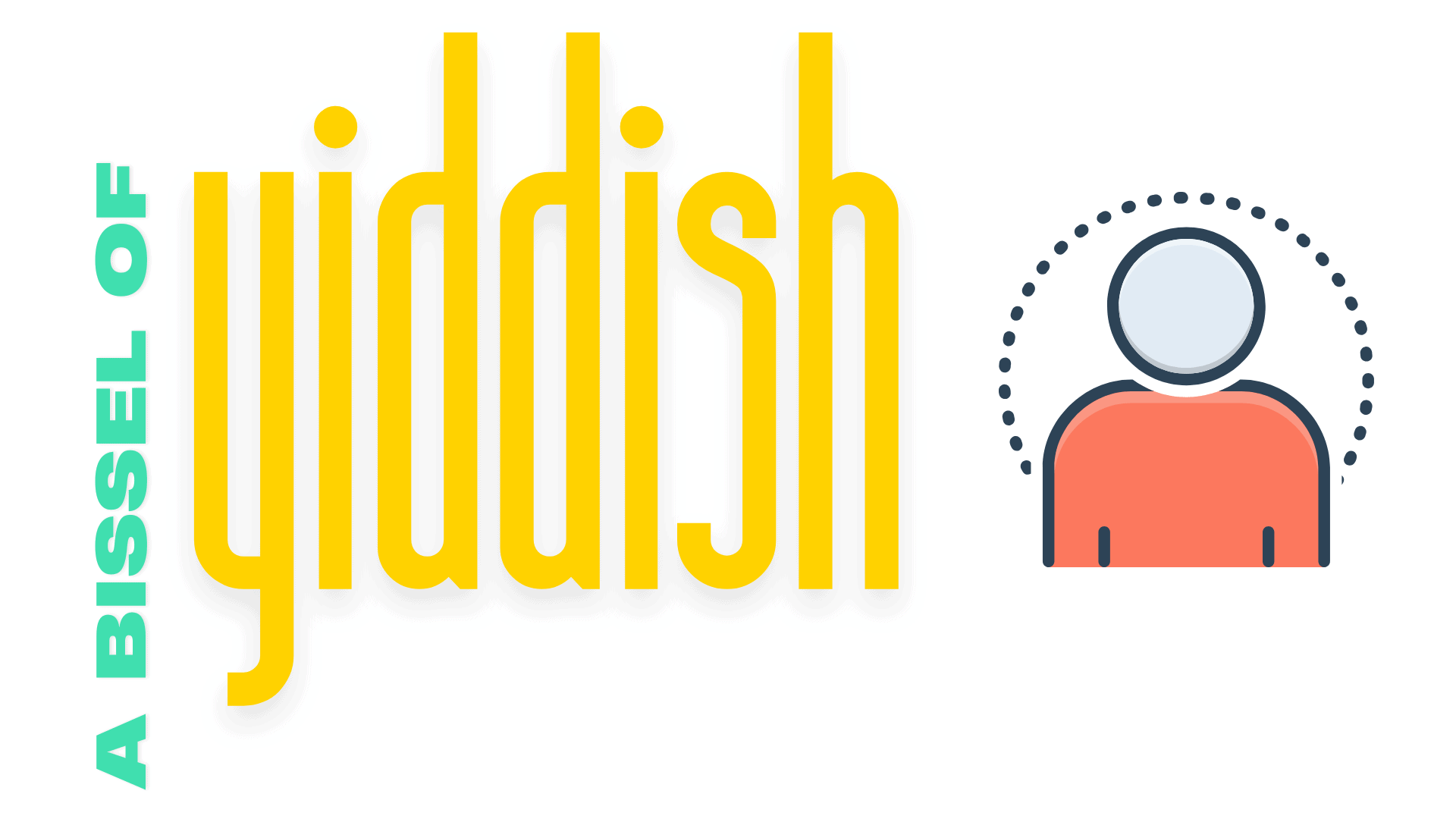A combination of High German and Hebrew, Yiddish is a language historically spoken by Ashkenazi Jews.
In Tidewater, the Yiddish Club embraces Yiddish culture, language, and history with music, film, poetry, and literature at its monthly meetings. For information, go to www.Jewishva.org/YiddishClub.
Through A Bissel of Yiddish, Jewish News hopes to introduce and remind readers of a few Yiddish words and phrases – many that have found their way into everyday conversation in America.
For this edition of Mazel Tov, we explore words pertaining to simchas and celebrations, including the one guest who is never happy.
Bashert
Bashert means predestined by God: An event, set of circumstances, or situation can all be referred to as bashert, implying that whatever happens was orchestrated by God, who ultimately has one’s best interests in mind.
Bashert can also refer to one’s soulmate. Indeed, the Talmud notes that 40 days before a fetus is formed, a heavenly echo declares whom it is intended to marry.
Kvetch
Those who kvetch are the complainers, the ones to say something is not right or satisfactory. These are the people who grumble and make an unpleasant fuss.
Kvetch can be either a verb or a noun – the complaint or the complainer.
Schmooze
To schmooze is to talk with someone in a friendly way – often to gain some advantage.
Schmooze derives from the Yiddish shmuesn, which in turn derives from Hebrew shemuah, meaning rumor. Its earliest written reference dates to 1897. When the term was borrowed into American English, it originally meant to have a warm conversation—to shoot the breeze—to pass the time chatting. (archive.news.ufl.edu)
Kibitz or Kibbitz
Stemming from the German word kiebitzen, kibitz means to chat, banter, or joke, especially in a lighthearted or informal manner; to fool around.

